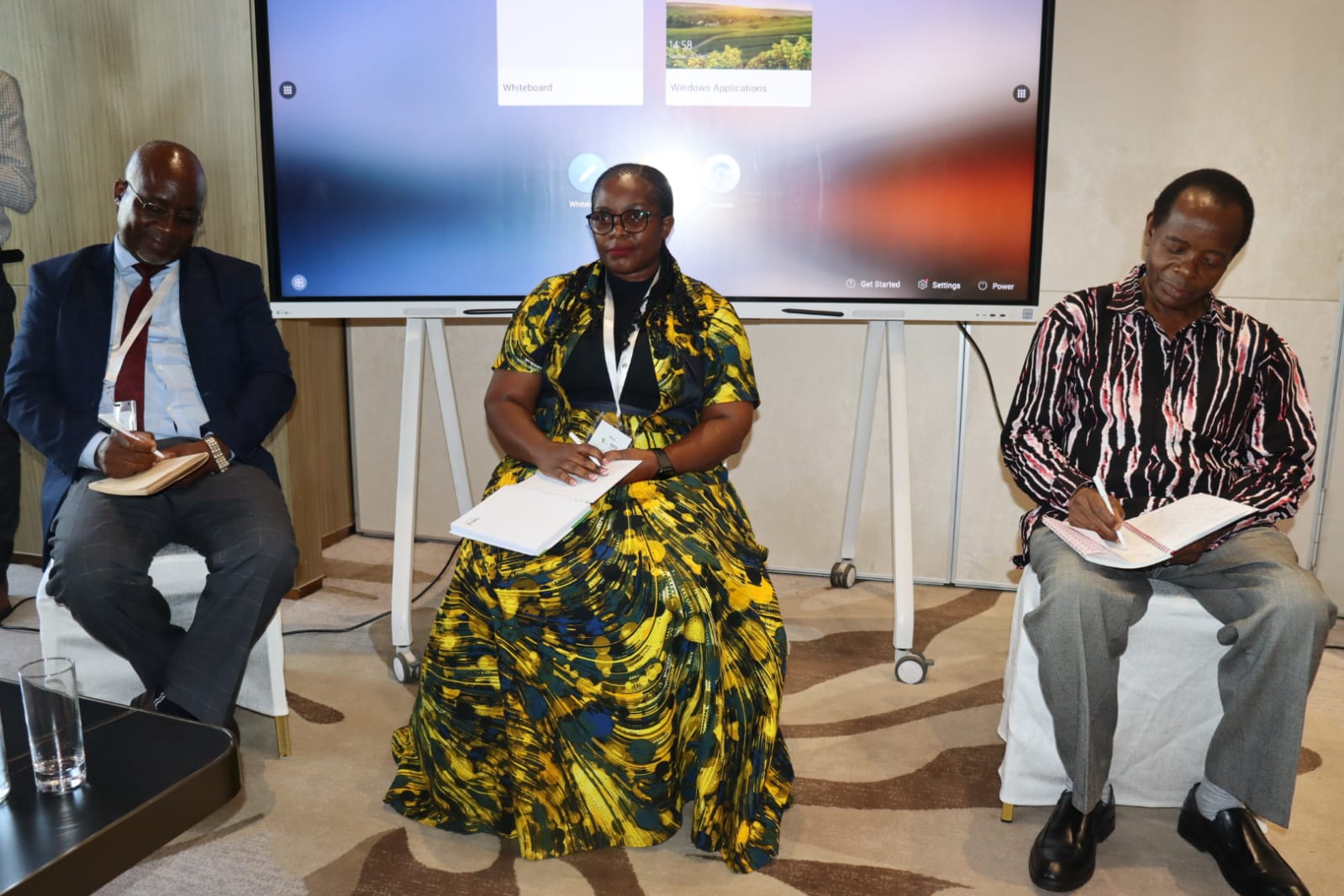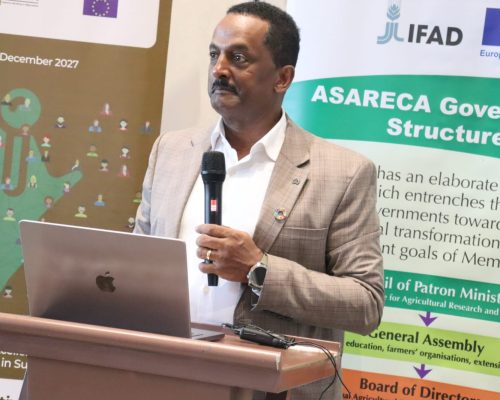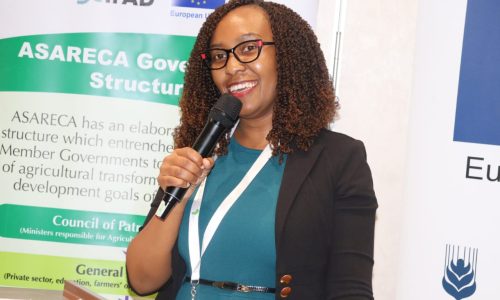
At the Second East African Agroecology Conference in Nairobi, African experts reiterated the critical need to strengthen research and extension services to advance the continent’s agroecology agenda.
During a side event hosted by the International Fund for Agricultural Development (IFAD) under its CAADP XP4 Implementers Consortium, speakers consistently emphasized the importance of bolstering these two areas alongside enabling policies to scale agroecological practices.
Prof. Charles Sekyewa, speaking on a panel, noted that agroecology is not a novel concept but stressed that insufficient investment in research and extension has hindered its adoption by policymakers. “African research remains underfunded, particularly in agroecology innovations and technologies. We must prioritize this sector while ensuring extension services are structured to disseminate knowledge effectively. Many providers lack the capacity to scale agroecology,” he added.
Prof. Sekyewa explained that while partners have made efforts over the years, progress has been hampered by misconceptions and excessive reliance on imported scientific models.

Dr. Million Belay, Executive Director of the African Foundation for Food Sovereignty (AFSA), urged African nations to actively invest in agroecology. He warned that multinational-funded science risks compromising integrity, stating, “Agroecology is not a rejection of innovation—it is innovation grounded in Africa’s realities. Investing in research and extension will drive food sovereignty and resilience.”
Julian Barungi, CAADP XP4 Consortium Coordinator and Monitoring & Evaluation Lead at ASARECA, highlighted the consortium’s focus on agroecology, noting that the side event aimed to identify opportunities and chart a roadmap for knowledge-sharing.

The Second Eastern Africa Agroecology Conference (EAAC25), held from 25th to 28th March 2025 at Nairobi’s Argyle Grand Hotel near Jomo Kenyatta International Airport, brought together regional and global stakeholders to explore agroecology’s role in building resilient, sustainable agri-food systems. Organized by Bio vision Africa Trust under the theme “Strengthening Agri-Food System Transformation for Resilience, Sustainability, and Socioeconomic Development,” the event featured panel discussions, field visits, and hybrid sessions. Discussions cantered on replacing unsustainable practices with long-term, eco-friendly solutions to achieve food security.
